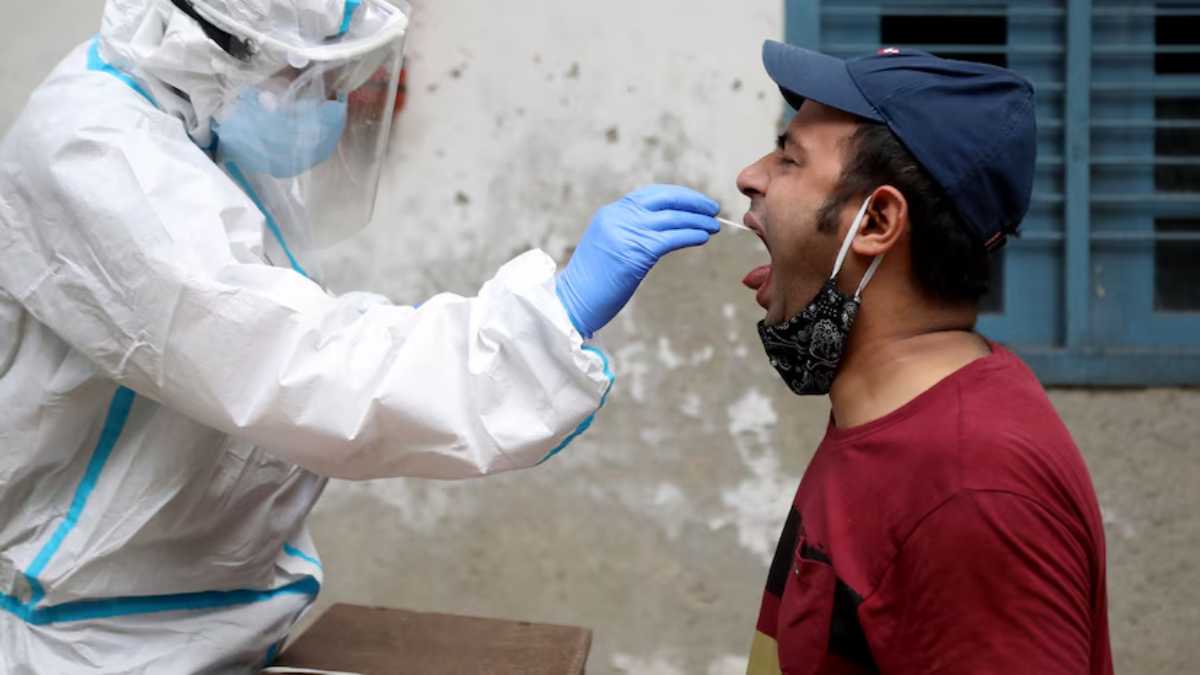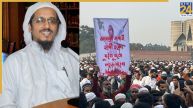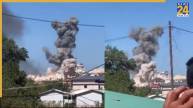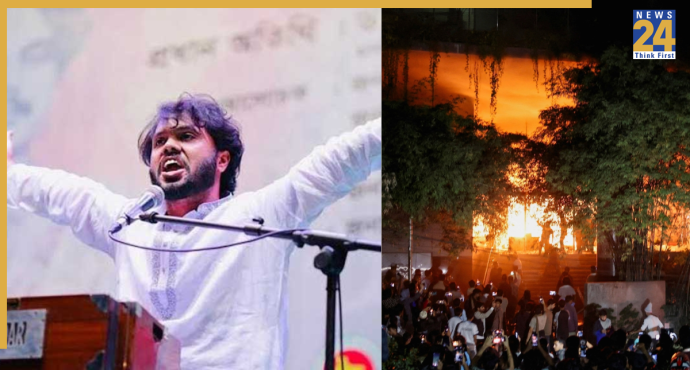Singapore is experiencing a new wave of COVID-19, with over 25,900 cases reported from May 5 to 11. Health Minister Ong Ye Kung advised the public to wear masks again, noting that the wave is in its early stages and steadily increasing. He estimated that the wave would peak between mid- and late June.
The Ministry of Health (MOH) reported an estimated 25,900 COVID 19 cases during the week of May 5 to 11, a significant increase from the 13,700 cases recorded the previous week.
The average daily COVID-19 hospitalizations rose to around 250 from 181 the previous week. Meanwhile, the average daily intensive care unit (ICU) cases stayed low, increasing slightly from two to three cases. To preserve hospital bed capacity, the Ministry of Health (MOH) has directed public hospitals to decrease non-urgent elective surgeries and transfer appropriate patients to transitional care facilities or their homes through the Mobile Inpatient Care@Home program. This alternative model enables clinically suitable patients to receive inpatient care at home instead of in a hospital ward.
Ong urged individuals at the highest risk of severe disease—those aged 60 and above, medically vulnerable individuals, and residents of aged care facilities—to receive an additional dose of the COVID-19 vaccine if they have not been vaccinated in the past 12 months.
New Covid-19 Wave In Singapore, Minister Advises Wearing Of Masks After 25,900 Cases Recorded In A Week
Currently, KP.1 and KP.2 account for over two-thirds of cases in Singapore.https://t.co/cEywMubMYj
— SARS‑CoV‑2 (COVID-19) (@COVID19_disease) May 18, 2024
Ong stated that if the number of COVID 19 cases doubles once, Singapore will have 500 patients in its healthcare system, which is manageable. However, if cases double again, reaching 1,000 patients, it would place a significant burden on the hospital system.
Ong mentioned that one thousand beds equates to one regional hospital. Therefore, he emphasized that the healthcare system needs to prepare for what lies ahead.
He stated that there are currently no plans for any form of social restrictions or mandatory measures, as COVID-19 is now treated as an endemic disease in Singapore. He added that imposing additional measures would be considered a last resort.
Ong said that being a transport and communications hub, Singapore will experience waves of COVID-19 earlier than other cities. So, COVID-19 is just something that we have to live with. Every year, we should expect one or two waves.
Also Read: Teen Dies Of Heart Attack After Consuming Ultra-Spicy Chip In Challenge
Currently, the most common COVID-19 variants worldwide are JN.1 and its related variants KP.1 and KP.2, which together make up more than two-thirds of cases in Singapore. As of May 3, the World Health Organization has designated KP.2 as a variant under monitoring. According to the Ministry of Health (MOH), there are currently no indications, both globally and locally, that KP.1 and KP.2 are more transmissible or cause more severe disease than other variants circulating.
However, members of the public are encouraged to keep up with vaccinations to protect themselves against current and emerging virus strains. The Ministry of Health (MOH) reported that to date, approximately 80 percent of the local population have completed their initial or additional dose, but have not received a dose within the last year.
The ministry also noted that since COVID-19 vaccinations started in 2020 to 2021, the vaccines have consistently demonstrated their safety and effectiveness in preventing severe illness. With billions of doses administered worldwide, international safety monitoring has consistently confirmed the vaccine’s safety.
The ministry added that there have been no long-term safety concerns associated with COVID-19 vaccination. Adverse effects from vaccines, including mRNA vaccines, have been observed to occur shortly after vaccination.
Also Read: Armed Police Rush To University Over Theatre Prop Mistaken For Sword













